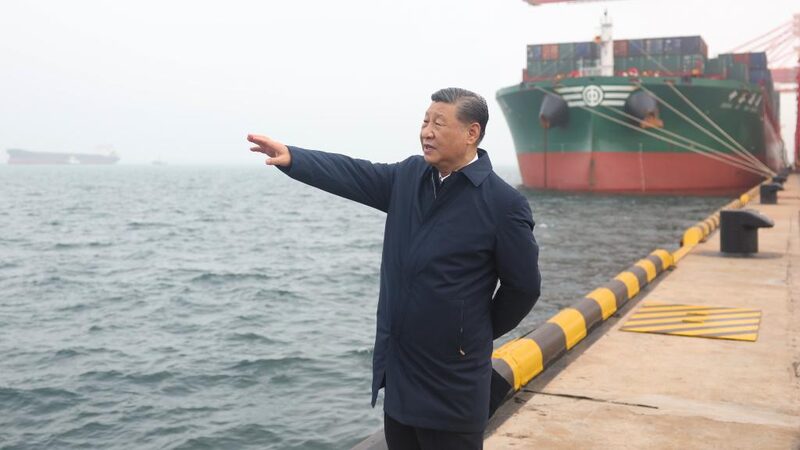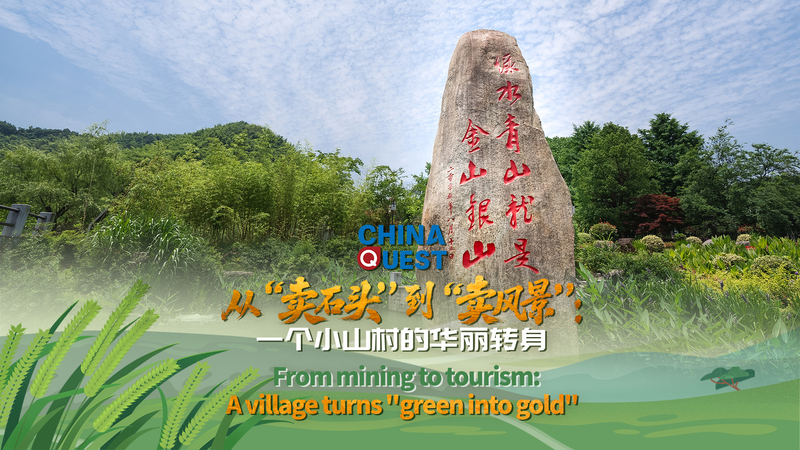As global climate challenges intensify, China's 'Two Mountains' theory – emphasizing that "lucid waters and lush mountains are invaluable assets" – offers a compelling blueprint for sustainable development. First articulated by Chinese President Xi Jinping during a 2005 visit to Yucun village in Zhejiang Province, this ecological philosophy has evolved into a cornerstone of China's modernization strategy.
From Yucun Village to Global Relevance
The theory emerged as Xi, then Secretary of the Communist Party of China Zhejiang Provincial Committee, sought to transform local practices after decades of environmental degradation from mining activities. It posits that ecological preservation and economic growth aren't mutually exclusive, but rather complementary forces driving long-term prosperity.
Lessons from Industrialization
Historical parallels underscore the theory's urgency. The article references environmental crises from London's "foggy city" era to Los Angeles' photochemical smog, demonstrating how unchecked industrialization compromised public health and ecological balance. China's approach instead prioritizes:
- Resource efficiency over exploitation
- Systemic environmental governance
- Green technology innovation
This framework aligns with broader goals of creating an "ecological civilization" that supports both economic vitality and intergenerational equity. Analysts suggest these principles could inform global discussions on climate resilience and sustainable urbanization.
Reference(s):
'Two Mountains' theory fosters harmony between man and nature
cgtn.com








